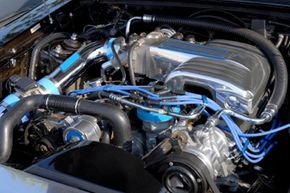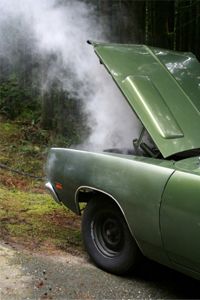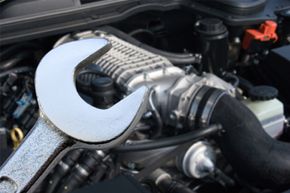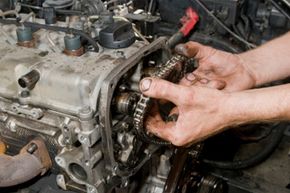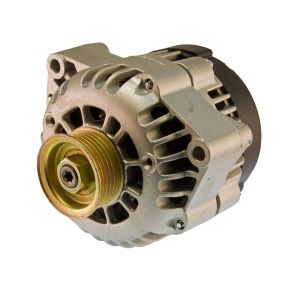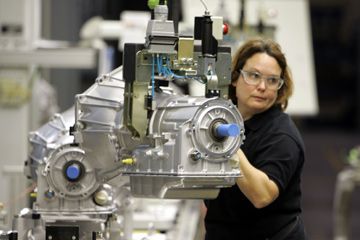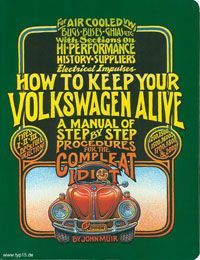If there's a car sitting in your driveway right now, there's a good chance it's pretty old. According to a study conducted in March 2009, the median age of passenger cars on American roads was 9.4 years. At the same time, the median age for trucks was 7.6 years [source: R.L. Polk and Co.]. Both of those numbers represent record-high ages for American vehicles. We're keeping our cars and trucks longer than ever before. But while the numbers are telling us that cars and trucks might be lasting longer, what about the individual parts and systems within those vehicles?
After all, car part longevity, or how long various car parts last, is key to how long a car stays on the road. While individual auto parts are (for the most part) easily replaced, if too many fail or break on a vehicle, that car's owner has some calculating to do.
Advertisement
Auto part longevity can be tricky to predict. In some cases, parts break on brand-new cars. Other times, like the case of Irv Gordon, whose 1966 Volvo P1800 holds the world record for highest-mileage car, car parts seem to last forever. If you get lucky and get a good engine and maintain it well, it can last for hundreds of thousands of miles.
As much car part information is out there, the one piece of info that won't be listed on an automotive parts box is exactly how long that specific component will last. While most auto part information will give a general range of how long a particular part should last, that part's longevity actually depends on a lot of factors, including how well it's maintained, how much abuse it takes, and how well it's manufactured.
Of course, some parts are designed to wear out, like an oil filter or brake pads. The good news is that they aren't too expensive and, even though they wear out relatively quickly, most car owners don't mind. When an expensive part wears out, however, the car's owner has to calculate if it's worth replacing or if it would just be a better idea to get a new car. A car's engine is one of its most expensive and most important parts. In this article, we'll learn how long typical automotive engines last, what affects that longevity, how maintaining an engine affects its lifespan and when an engine should be replaced -- as well as how that replacement works.
Advertisement
